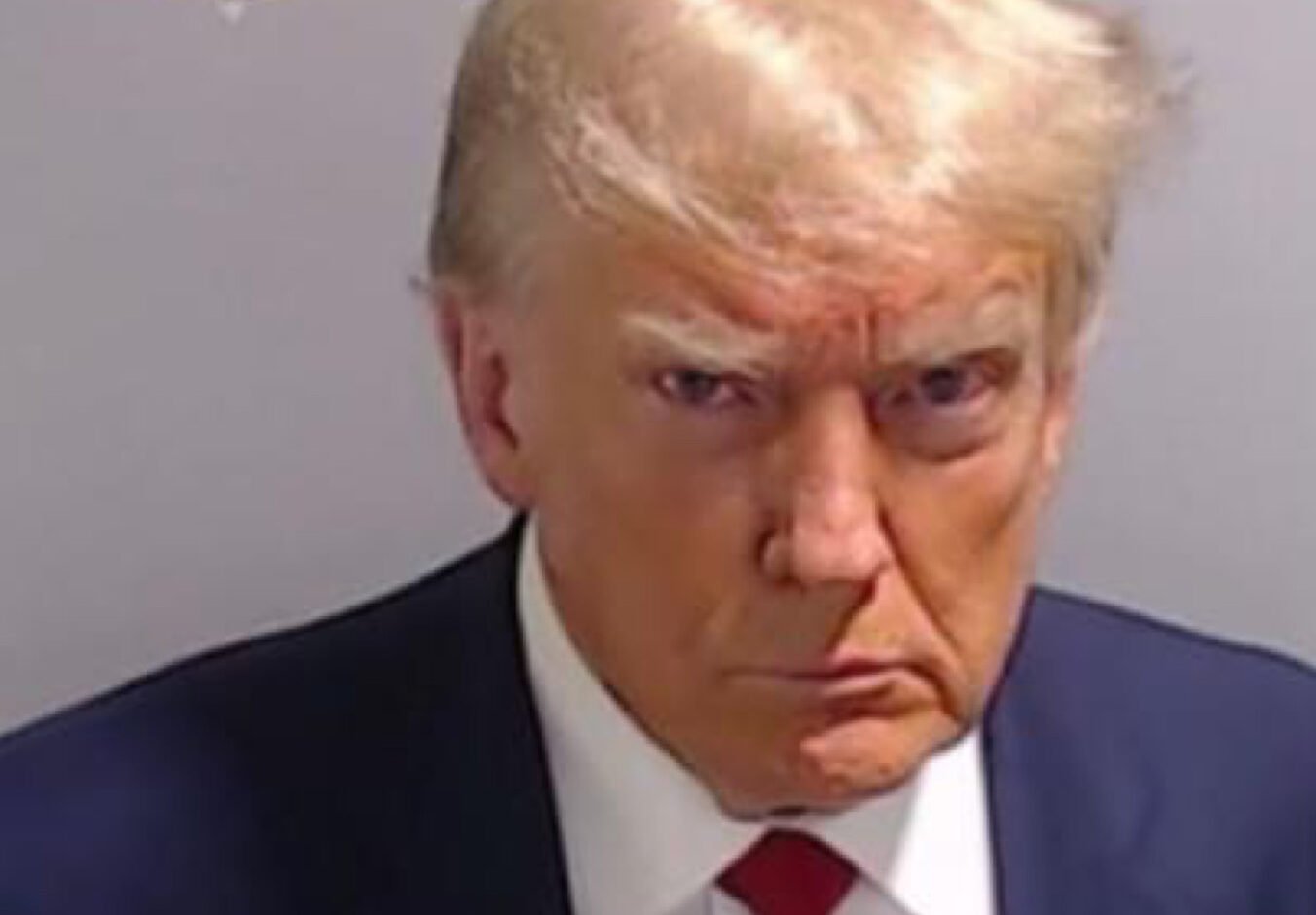
The Trump administration is reviving a centuries-old law and applying a point system to identify and deport Venezuelans it suspects of being linked to the feared Tren de Aragua (TDA) gang, sparking criticism over profiling and flawed criteria.According to court documents filed by the ACLU, federal immigration officials are now using the Alien Enemies Act of 1798 to remove non-citizen Venezuelans over age 14. The process depends on the controversial “verification guide” that scores up to 81 points to determine gang affiliation. Anyone who scores eight points or higher can be deported. Guidelines evaluate five categories: criminal records, self-collect, gang-related behaviors, communication and gang symbols; including tattoos and clothing. Although ice agents have discretion in cases where scored below eight points, evacuation can still be carried out through other immigration laws if approved by the supervisor. Here is how the point system works: • Criminal conduct and records (up to 17 points): including arrests or intelligence that implies that gangs are involved in financial crimes involving gangs, or related to organized activities. •Self-income (10 points): Even if any oral or written admission is unknowingly or through communications. • Documentation and Communication (25 points): Text, phone number, email or transaction with known TDA members, or files that show affiliation. •Judicial Results (15 points): Name it as a conviction or legal document for a gang member. •Symbolism (14 points): Tattoos, gestures, graffiti and even social media posts can add points. The category of “Symbolism” has attracted the most attention. It includes things like a star tattoo, AK-47, clock or “Jumpman” logo; promoted by Michael Jordan. Even wearing a Bull jersey or Jordan sneakers may raise red flags under the guidance. Gang contacts without any proof or record of criminal activity. A man was granted refugee status after 17 months of background check and was deleted anyway. Deported despite no tattoos and pending asylum claims. The Trump administration now asks the U.S. Supreme Court to lift the barrier and allow deportation to continue. As the legal challenges move forward. The advocacy of immigration advocacy warns that the use of fuzzy dot systems, which related to clothing and body art may be compared to precedents based on human dangers and construct images with a larger attitude. Send the latest post to your email.
Source link


